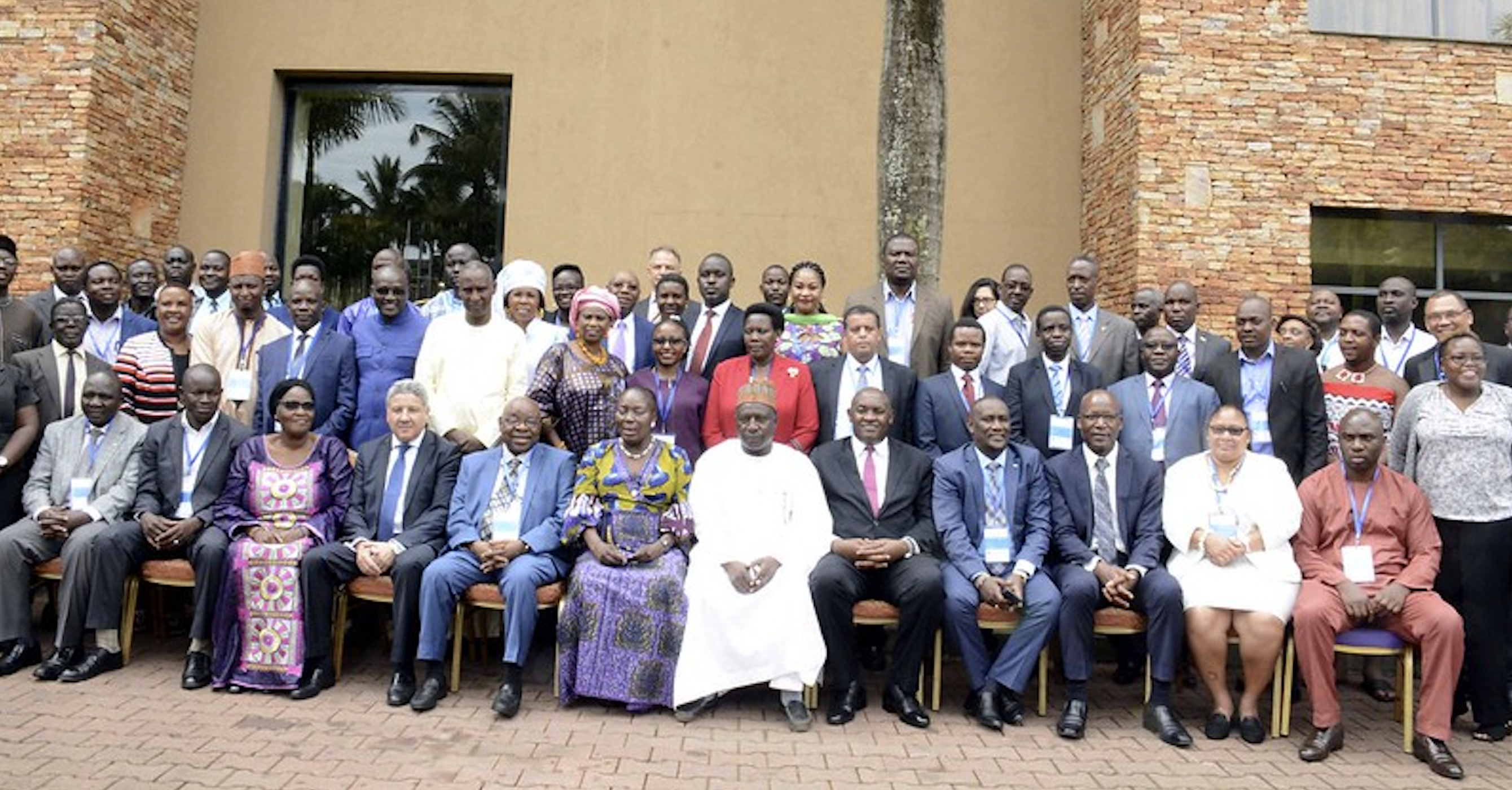Blogs

As African nations continue to grapple with various health challenges, ranging from infectious diseases to non-communicable illnesses, the role of effective resource management in healthcare cannot be overstated. With the Network of African Parliamentary Committees on Health’s (NEAPACOH’s) 15th convening set to take place in Lesotho on 28–29 February 2024, the role of parliamentarians in increasing domestic health resources and ensuring their efficient utilisation cannot be over-emphasised.
Targets of UN Sustainable Development Goal 3 (SDG 3) – Good Health and Well-being calls on countries to attain accessible and affordable healthcare for their citizens by 2030. In 2019, at the Africa Leadership Meeting in Addis Ababa, African leaders committed to achieve sustainable health financing in the continent by increasing resources in health sector, improving the impact of spending, and achieving universal health coverage across Africa’s 55 countries.
While progress has be made in increasing the general government expenditure on health, majority of African nations have failed to allocate the minimum 15% of their budgets to the health sector as per the Abuja declaration of 2001. The health sector has also suffered from inefficiencies due to corruption, slow disbursement of funds, and provision of substandard services, among others. For instance, according to the International Monetary Fund (IMF), inefficiencies in health spending in many African countries costs about 10 years of life or an average of 1% of GDP annually.
Analysis by African Institute for Development Policy (AFIDEP), reveals that most African government financing of healthcare remains below 50% of the total health expenditure across many countries in Africa. For instance, in Uganda, government financing accounts for only 17% of total health expenditure, while in Zimbabwe, it is 22%, in Malawi 36%, and in Burundi 37%. Eswatini and Lesotho are among the few countries that allocate the highest proportion on the continent at 53% and 52% respectively. Individual out-of-pocket expenditure and donor funding fill the huge gap left by low government investment in health.
The role of parliamentarians
The low public sector-driven investment in the health sector, coupled with prevalent inefficiencies, calls for African Parliamentarians to do more. The NEAPACOH meeting serves as an invaluable platform for the lawmakers to reflect on their mandate to support the provision of healthcare to their constituents, learn from successful interventions, share best practices, and coordinate regional strategies in addressing common health challenges.
Legislators play a key role in the budget making processes. They examine proposed funding levels and ensure alignment with national priorities. Based on their legal mandate, parliamentarians need to advocate for prioritisation of healthcare services and increasing domestic health funding. Committees on health will need to deeply interrogate health budget proposals to ensure that they are effective in addressing health sector needs. By championing legislation and budgetary measures that allocate a greater share of national budgets to health, parliamentarians can address systemic deficiencies and improve overall healthcare outcomes.
As citizens’ representatives, parliamentarians must also ensure efficient utilisation of available resources. Oversight mechanisms, such as rigorous audits and accountability measures, must be established and enforced to prevent misuse of funds and promote transparency. Working with and supporting other public funds independent oversight bodies, including the criminal justice system, parliamentarians should ensure that those found culpable of inefficiently using public resources in the health sector, through embezzlement for instance, are brought to book. This will not only deter misuse of public health resources but ensure citizens get value for their money through improved health outcomes. Additionally, parliamentarians can collaborate with relevant stakeholders, including healthcare professionals and civil society organisations, to identify areas for improvement and implement evidence-based practices that maximise the impact of health investments.
Finally, African parliamentarians possess a unique platform to champion health policies that address the root causes of disease and promote preventive measures. By prioritising initiatives such as vaccination campaigns, public health education, and sanitation programmes, parliamentarians can mitigate the burden of preventable diseases and reduce the strain on healthcare systems in the long term. Furthermore, fostering regional cooperation and knowledge exchange among African parliamentarians is essential for advancing collective efforts to strengthen health systems.
As African parliamentarians prepare to convene in Lesotho for the 15th NEAPACOH meeting, they must seize this opportunity to reaffirm their commitment to improving health resource management in their respective countries. By advocating for increased health sector funding, ensuring accountability, and promoting preventive measures, parliamentarians can play a transformative role in advancing equitable and sustainable healthcare for all Africans. The time for action is now, and the stakes could not be higher.
The annual NEAPACOH meeting is convened by the Partners in Population and Development – Africa Regional Office (PPD-ARO), in partnership with various stakeholders including the African Institute for Development Policy (AFIDEP).

